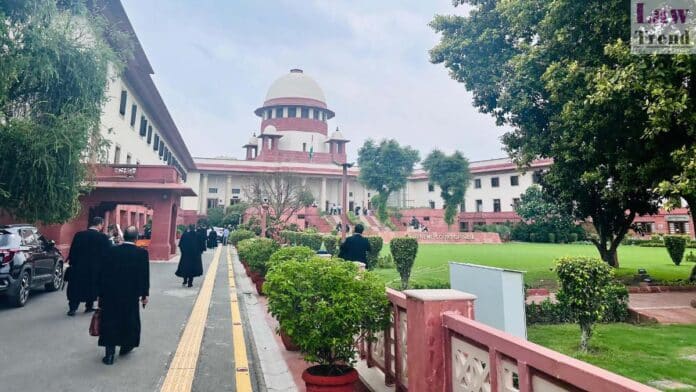In a significant ruling, the Supreme Court of India reinforced the liability of Bapuna Alcobrew Pvt. Ltd. to pay minimum guarantee charges to the Madhya Pradesh Madhya Kshetra Vidyut Vitran Company Ltd. (MPMKVVCL), reversing the earlier judgment by the Madhya Pradesh High Court. The apex court, in Civil Appeal No. 1095 of 2013, quashed the
To Read More Please Subscribe to VIP Membership for Unlimited Access to All the Articles, Download Available Copies of Judgments/Order, Acess to Central/State Bare Acts, Advertisement Free Content, Access to More than 4000 Legal Drafts( Readymade Editable Formats of Suits, Petitions, Writs, Legal Notices, Divorce Petitions, 138 Notices, Bail Applications etc.) in Hindi and English.




